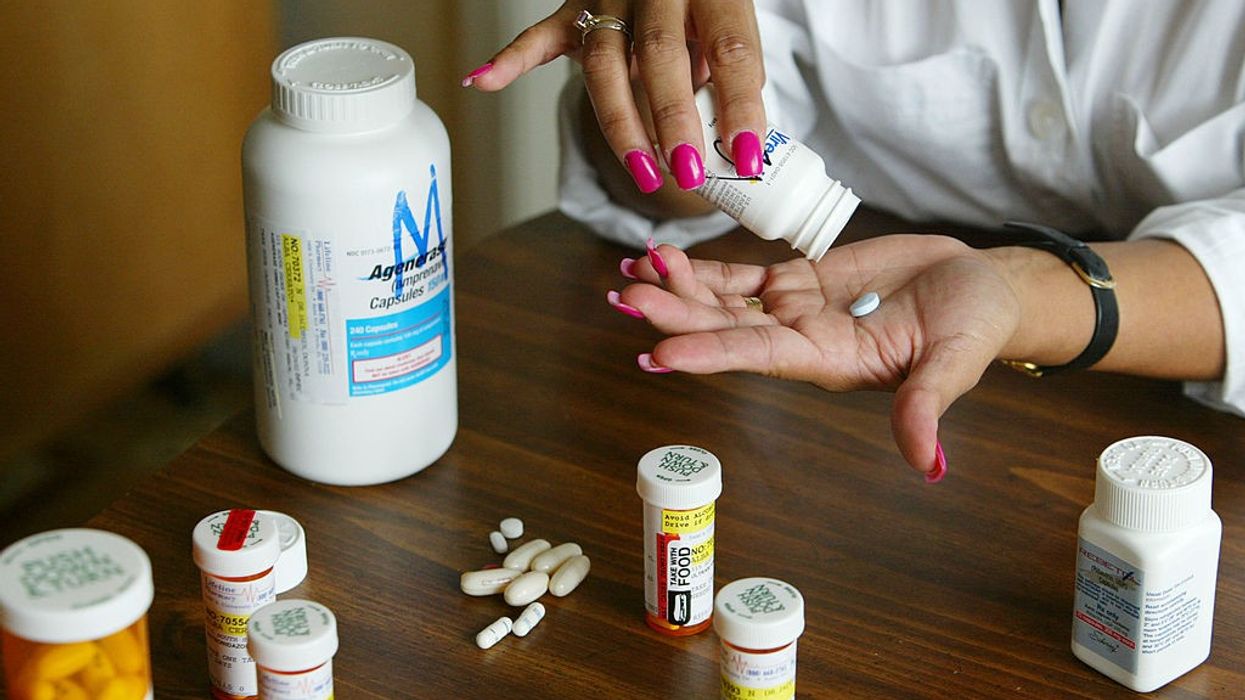According to the report on medicine shortages between 2022-24, 50 SSPs were issued, compared to just 15 between 2019-21
The Government has been forced to intervene formally 50 times in the past two years to authorise the use of alternative drugs because of serious medicine shortages hitting patients, new analysis by the National Pharmacy Association (NPA) has found today.
78 per cent of all Serious Shortage Protocols, produced by the Department of Health and Social Care (DHSC) due to medicine shortages, were issued in 2022/24 – more than three times the rate in the previous two years.
The NPA, which represents independent community pharmacies in the UK, is warning that shortages are leading to pharmacists having to increasingly turn patients needing vital medication away.
Analysis by the NPA of the NHS’s Serious Shortage Protocols (SSPs) issued to pharmacies and other providers over the last five years has found that:
The number of SSPs issued in the last two years is 3.5 times higher than in the previous two years.
Between 2022-24, 50 SSPs were issued, compared to just 15 between 2019-21.
Four SSPs have been issued in May 2024 in a three-day period for medication shortages, the same number that had been issued for the whole of 2020.
Serious Shortage Protocols are used by the DHSC to permit community pharmacists to supply an alternative quantity, strength or formulation in the event of a shortage of a particular medicine.
SSPs have been issued for a diverse range of medication treating conditions including; angina, menopause symptoms, whooping cough, chest infections, contraception, depression, epilepsy, thyroid problems and anaphylaxis among many others.
Although some SSPs are only in place for a matter of weeks, many extend for months and in one extreme case for several years.
SSPs are an important way for pharmacies to be notified of shortages and provide alternative medication but their more frequent use is evidence of a surge in medicine shortages over the last two years.
The NPA are urging all three main parties to commit during the general election campaign to commit to tackling the alarming growth in medicine shortages that has blighted patients and pharmacies over the last few years.
This week the House of Commons Health and Social Care Committee said it was deeply concerned about medicine shortages and called for an independent review of the medicines supply chain to assess its resilience.
Changes in global demand, fluctuations in prices and exchange rates, manufacturing problems and the structure of the supply chain here in the UK are all factors that combine to impact on the availability of medicine supplies.
The supply of medicines in the UK is grossly underfunded – when compared with other comparable Western nations – which is also a key factor in the problem.
Paul Rees, Chief Executive of the National Pharmacy Association said:
“It’s clear that these growing medicine shortages are heaping pressure on our already stretched local community pharmacy teams.
“The current funding crisis – which has seen support for pharmacies fall by 40 per cent over the last decade in real terms – is a key issue in driving these appalling shortages.
“The national warnings are only issued when shortages are at their most acute, with this revealing just the tip of the iceberg, in terms of the challenges facing pharmacies and their patients.
“Pharmacists will always help patients get alternative medication, when possible, but they face continual struggles obtaining supply across an ever-changing range of conditions, from diabetes to ADHD and epilepsy.
“Pharmacists are spending hours a day hunting down stock and are often forced to turn patients away due to being unable to order in vital medication.
“It is imperative that all the main parties commit during the general election campaign to addressing the crisis facing community pharmacy – which is a key factor in the medicines shortages.
"We need these shortages tackled as a matter of urgency and deliver a new funding deal that properly funds pharmacy to pay for the medicines our patient need.”












